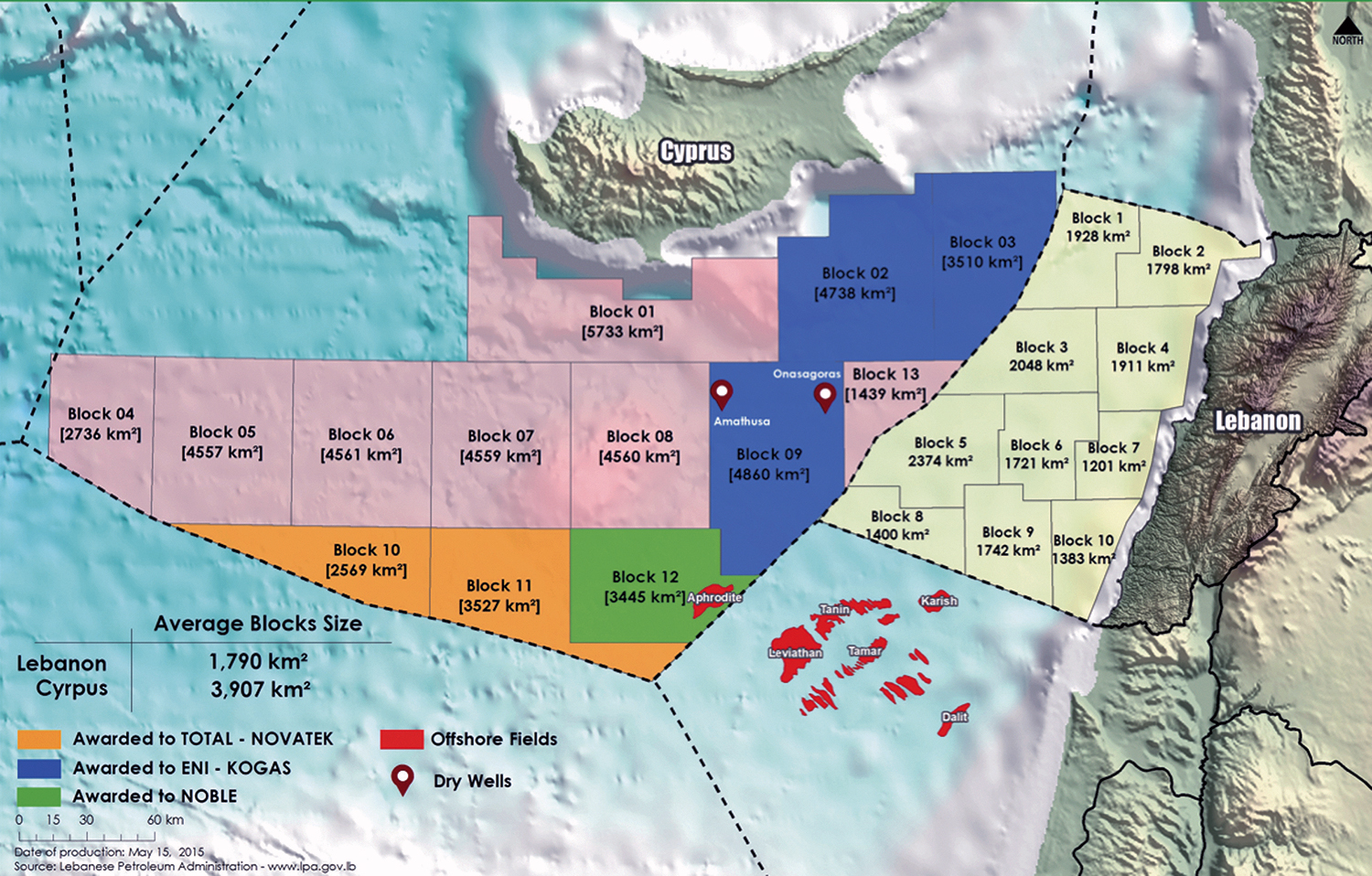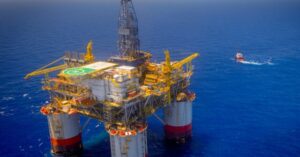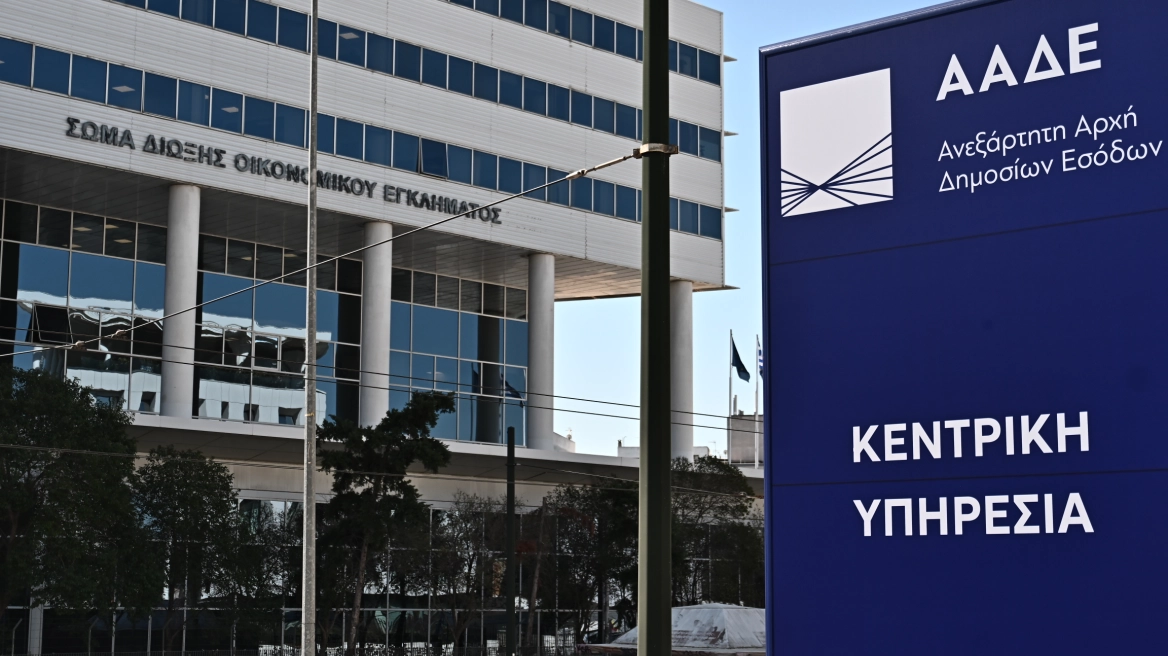Turkey’s location has always given it a key geostrategic advantage. Its proximity to the Middle East and the Caspian as well as its position on the Black Sea make it an indispensable member of NATO. In recent years, however, Ankara’s diplomatic relations with its Western allies have cooled. Now, the discovery of major energy deposits in the Eastern Mediterranean are adding to tensions.
Cyprus is one of the countries that could benefit significantly from the new-found natural gas wealth. The island nation currently imports all of its energy, but the discovery of gas deposits could improve Cyprus’ energy security while at the same time making it an energy-exporting nation. Nicosia’s fraught relations with its large northern neighbor, however, could hamper the development of its energy sector.
The Turkish invasion of 1974 separated the island between an internationally recognized Cyprus and the Turkish so-called “Republic of Northern Cyprus” which is only recognized by Turkey. To make matters even more complicated, Nicosia is a member of the EU while Ankara’s membership request is still pending.
Turkey wants a share of the newfound energy wealth to go to the Turkish inhabitants of the island. Furthermore, Ankara has sent exploratory vessels to Nicosia’s EEZ which has evoked a sharp rebuke from the EU.
Brussels has made its position very clear, stating that Cyprus is an independent nation with widespread international recognition and that Turkey has repeatedly used force to deter energy companies from exploring the island nation’s EEZ.
Read more: Oilprice.com
Ask me anything
Explore related questions





